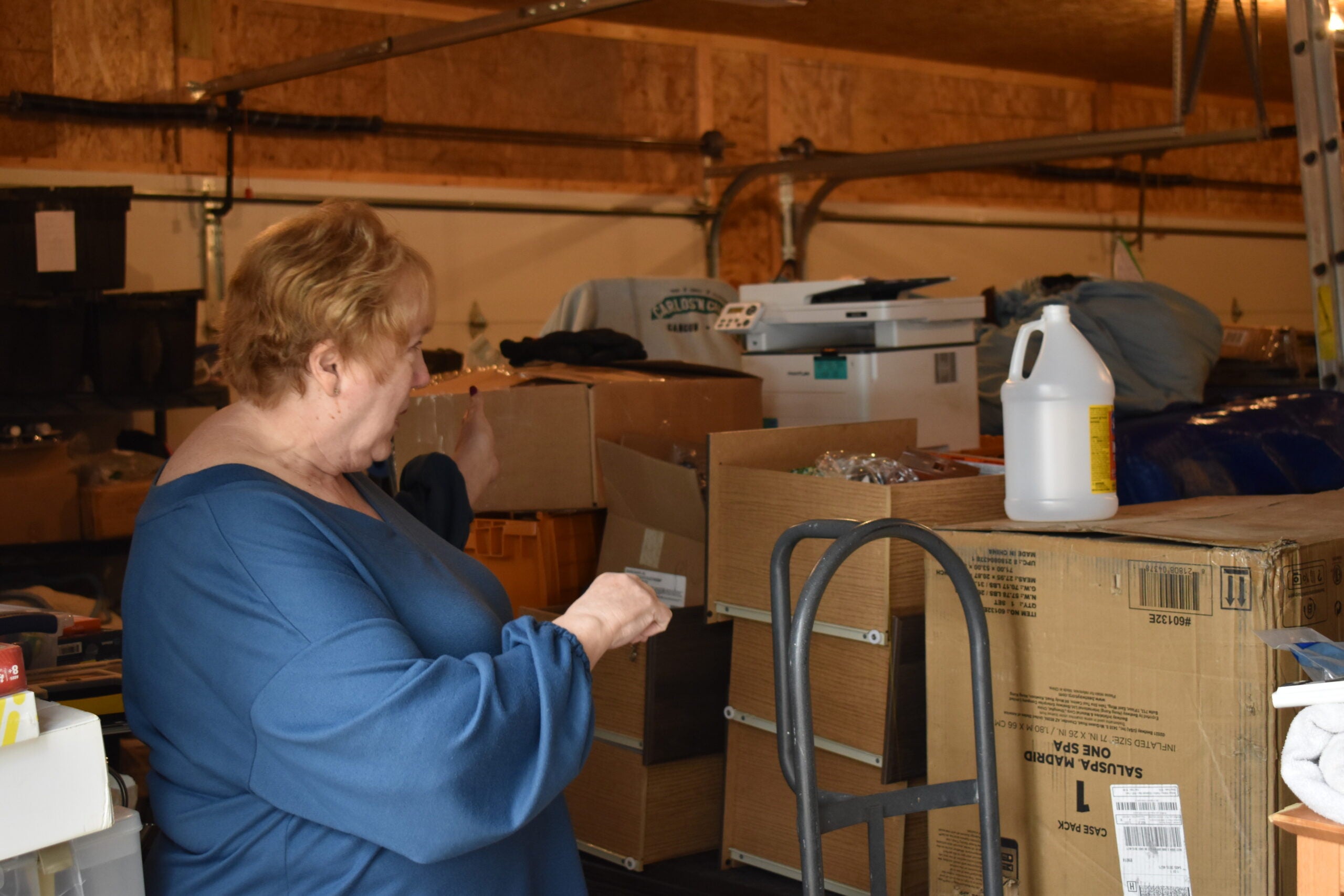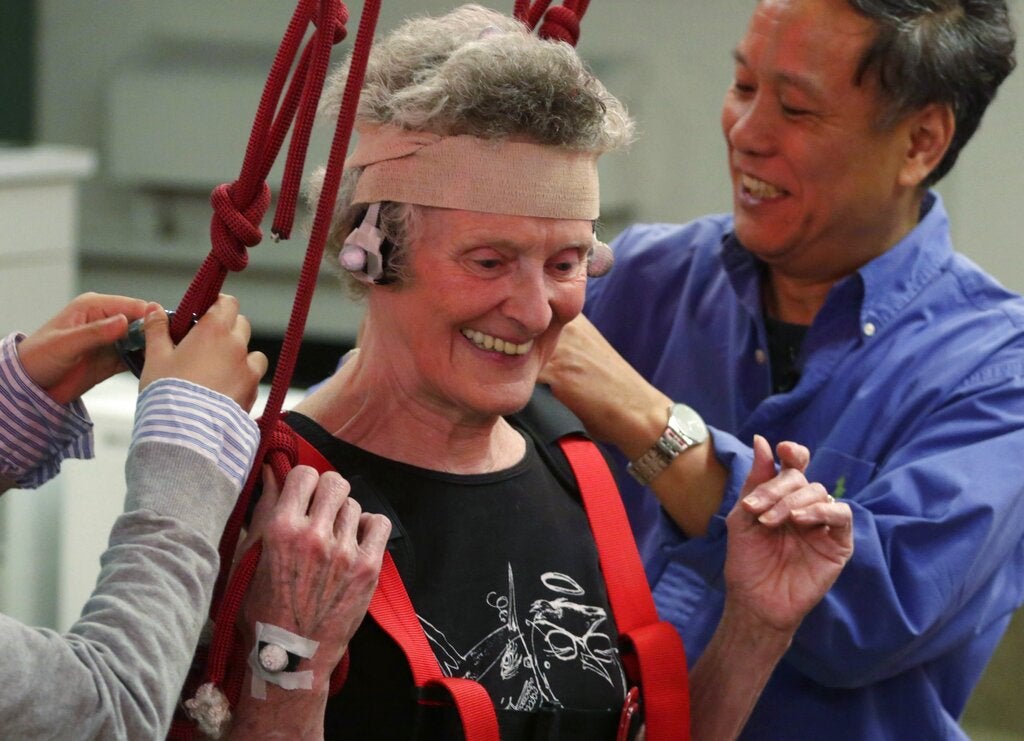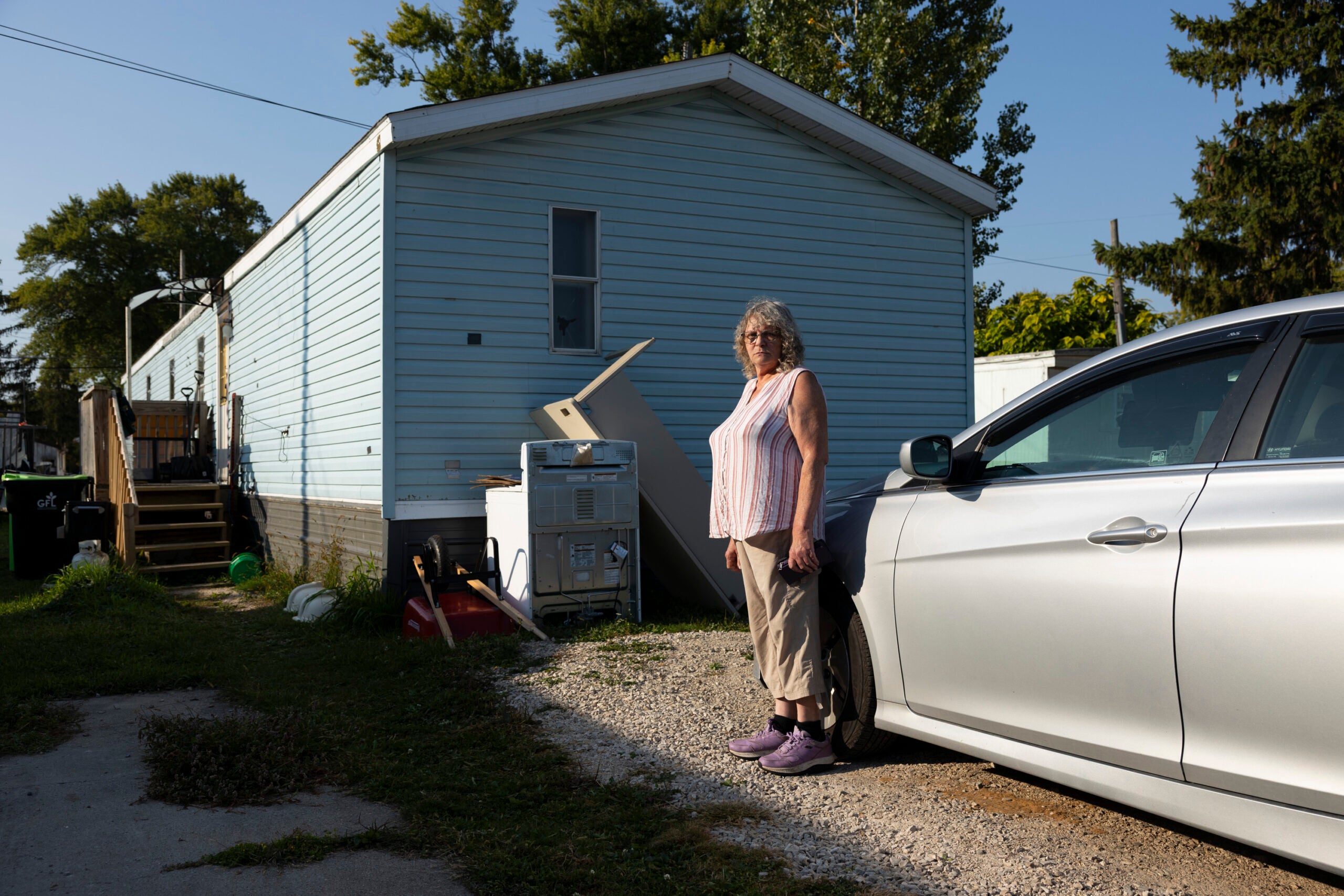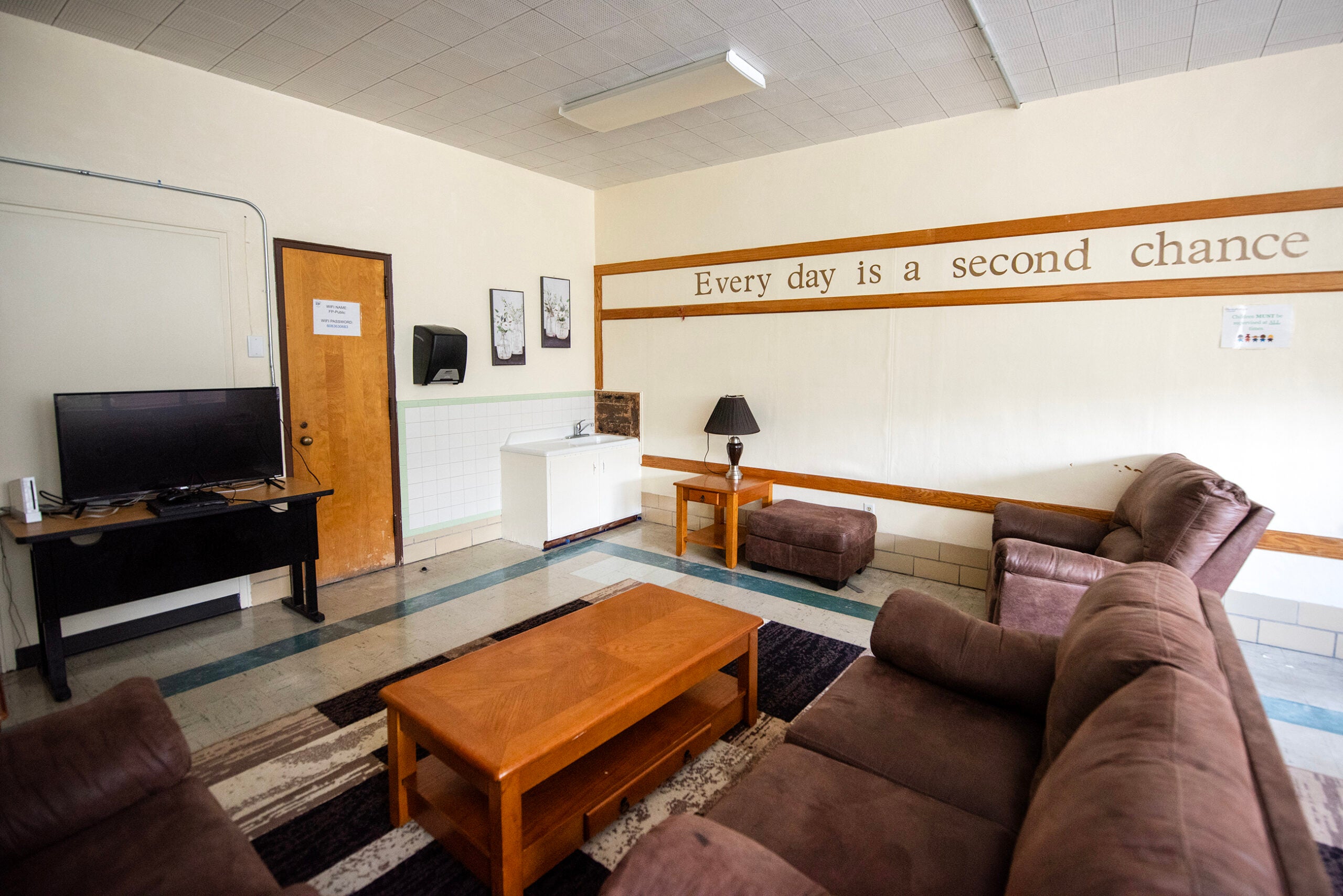When Jean Long Manteufel began helping her family’s Fox Cities-based moving business, she took a special interest in comforting older clients.
“My office always knew that was my customer,” Long Manteufel said. “I got dibs. I wanted to go out and help that person.”
Long Manteufel added a senior-specific service to the company after she assumed ownership and got certified as a Relocation and Transition Specialist with the National Association of Senior Move Managers.
News with a little more humanity
WPR’s “Wisconsin Today” newsletter keeps you connected to the state you love without feeling overwhelmed. No paywall. No agenda. No corporate filter.
“I came back from the training, and I was like, this is my calling,” said Long Manteufel, owner of A-1 Moving & Storage. “I love helping people through this tough time. And it is a tough time if you’re not ready.”
Long Manteufel writes a monthly column for the Appleton Post-Crescent offering advice to seniors and their families on how to prepare and manage housing transitions often associated with age. She recently joined WPR’s “The Morning Show” to discuss her April column and how adult children can support their aging parents.
The following was edited for clarity and brevity.
Lee Rayburn: What do you tell people when you’re trying to help them move away from a family home that has memories in every nook and cranny?
Jean Long Manteufel: If I could have my druthers for any customer, I would say, “Pick where you’re going, then take what you want.”
The things in the basement are not going to your new home, so let’s pick your beautiful treasures that belong in your new home and make your new home perfect. And then let the family, the kids, the professionals deal with the remaining contents.
LR: How do you help the families of seniors who are looking to downsize?
JLM: I hear so often parents say, “Well, we’re just going to leave it all for our kids to deal with when we’re gone,” like it’s a gift. It’s not.
The kids come back with, “Well, that’s OK mom. We’re just gonna get a dumpster.” I think I hear that every week. Those are the most hurtful words that you can say to a senior because everything in their house has a memory attached to it. So, kids, don’t say that to your parents.
When they ask you to help with clearing out the house, help. When they say, “The time has come for us to move,” don’t say, “Mom, you can’t sell our house.” Say, “Mom, how can we help? What can we do?”
And kids, go get your stuff. Go get it and unburden your mother from your childhood bedroom that is still sitting there in all its glory with your trophies.
“It is really fun getting people from point A to point B. But boy, that process is tough.“
Jean Long Manteufel
LR: Does keeping mementos around the room help with the transition to a memory care center?
JLM: My dad had Alzheimer’s. We thought that mementos would be impactful, but they may be less impactful than you realize. Some things really did have a lot of meaning to him. But if the memory is slipping, they don’t.
When you’re moving a senior into a memory care, you want to get that room ready before they go. You don’t want them to participate in all the decisions.
First of all, they need a chair. They need their TV, a dresser, a bed, those logical things. They also need whatever it is they normally have next to that chair so it feels like it normally felt.
You want it to still be their bed, to have the same bedspread on it. This isn’t the time for kids to feel like, “Don’t take that junky old bedspread. We’ll buy you a new one.” Take what makes it feel familiar. Go set it up and make it so that they walk in the door and they feel like they’re at home.
LR: What do you tell parents who are unwilling to walk away from so many of their belongings?
JLM: Unfortunately, I see many seniors that say, “I’m staying in this house!” I even hear, “They can drag me out of here with my fingers dragging on the doorframe. That’s the only way I’m going out.”
How cruel to your children — to make them swear “never make me leave this house.”
It is all a tough time. If your goal is to stay in your house, then perhaps you need a process to put in place to keep you safe in your home. Put up grab bars. Do the things that make your home a safe place.

LR: What does the child say to that, though? That sounds pretty obstinate. What if they think, “Who am I to say otherwise?”
JLM: Yes. Who are you to say otherwise? But let’s have the conversation, and let both sides be open.
“Mom, we would not have you leave the house if we could help it. But if the time comes when you do need more care than we the children can give, be fair. Let’s talk about it now. Don’t ever make me make a promise that will torture me later if I can’t keep it.” Because sometimes you can’t keep it.
LR: What do you get out of this work?
JLM: Every week is a joy. I get letters afterwards, and pretty much every one of them says, “We should have done this years ago.”
When they get to the new place and they have the things they need and love, their surroundings bring them joy. Their new home looks like and feels like their home, but they have less work. They’re not exhausted.
I (said to) one gal, “I think after you make the transition, you’ll have 25 hours more a week to do what you want.” And afterwards she was like, “I do! I’m playing cards. I don’t even want to go back to the old house and clean it out. I want to have fun with my new friends.”
It is really fun getting people from point A to point B. But boy, that process is tough.
Wisconsin Public Radio, © Copyright 2025, Board of Regents of the University of Wisconsin System and Wisconsin Educational Communications Board.







